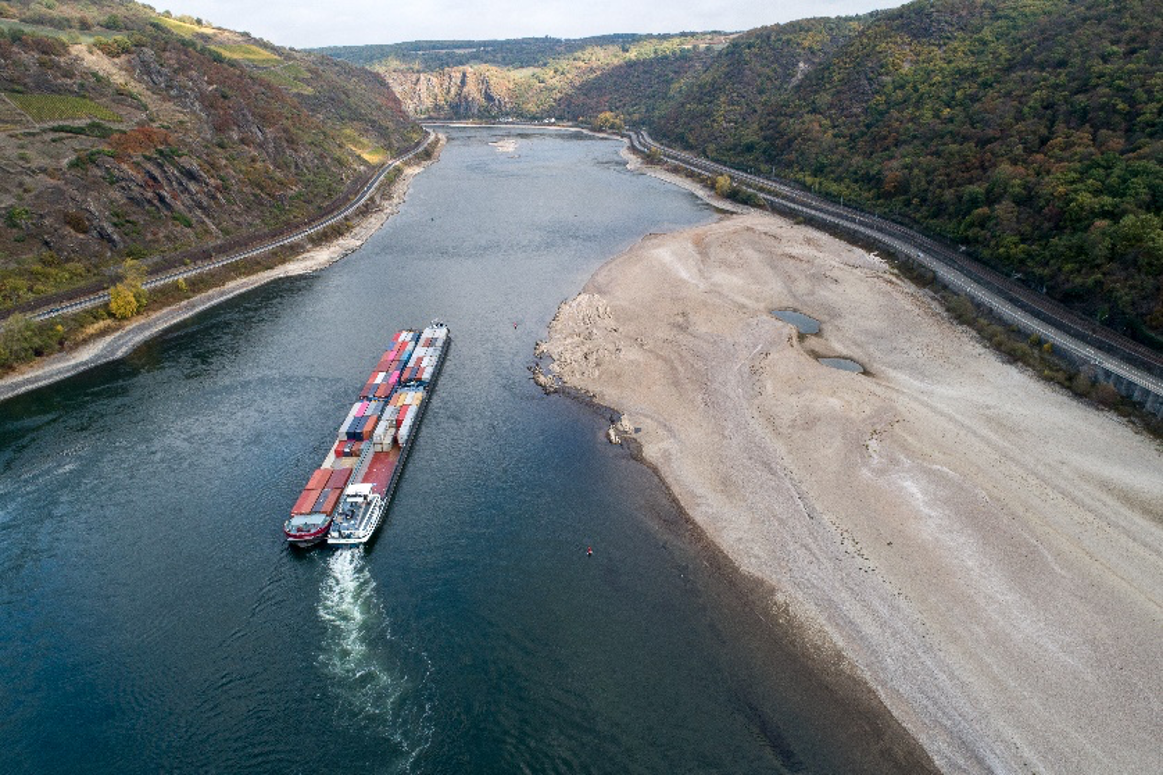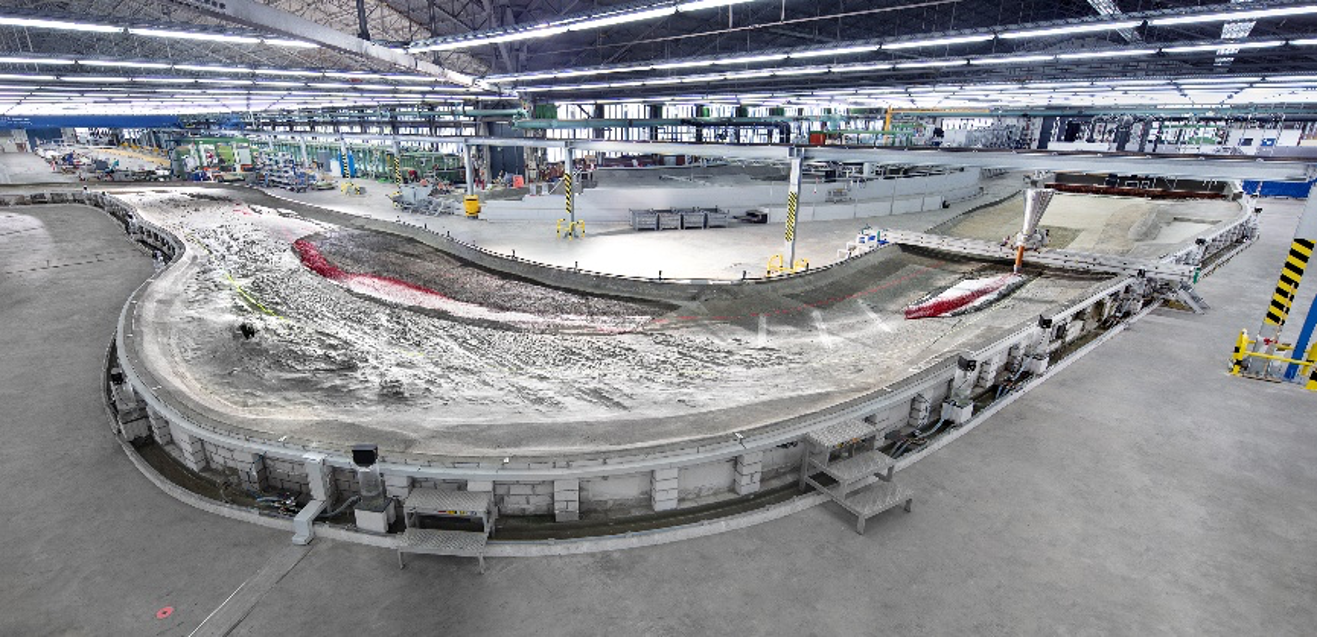Cómo afrontar los desafíos de las vías fluviales en Alemania / Dealing with waterway challenges in Germany
Cómo afrontar los desafíos de las vías fluviales en Alemania / Dealing with waterway challenges in Germany
Prof. Dr. Ing. Nils P. Huber (BAW, head of section River Engineering, Department Inland Areas, Federal Waterways Engineering and Research Institute (Bundesanstalt für Wasserbau), Germany)
Espanol: El Instituto Federal Alemán de Ingeniería e Investigación de Vías Navegables (BAW) es un instituto científico alemán en los campos de la ingeniería hidráulica y de las vías navegables. Proporcionamos asesoramiento y apoyo experto al Ministerio Federal de Transporte e Infraestructura Digital (BMVI) y a la Administración Alemana de Vías Navegables y Transporte Marítimo (WSV), realizamos investigaciones y participamos en el establecimiento de normas en los campos de la ingeniería estructural, geotécnica e hidráulica (tanto para zonas interiores como costeras).
En sus 7.237 km de vías navegables interiores y alrededor de 23.000 km² de vías navegables costeras, el desarrollo y la explotación de las vías navegables, en las que la gestión de los sedimentos desempeña un papel fundamental, están asociados a una multitud de desafíos. La conservación de la naturaleza, la restauración de los ríos, el restablecimiento de la continuidad fluvial para los organismos acuáticos, la garantía de las necesidades de otros usos fluviales en las zonas densamente pobladas de Alemania en las proximidades de las vías fluviales, así como la adaptación al cambio climático y la obligación de no violar los niveles de protección contra las inundaciones son elementos clave.
La presentación destacará el papel de la BAW en el apoyo a la gestión de las vías fluviales y dará una impresión de la investigación actual.
English: The German Federal Waterways Engineering and Research Institute (BAW) is Germany’s lea-ding scientific institute in the fields of hydraulic and waterways engineering. We provide consul-tancy and expert support to the federal ministry of transport and digital infrastructure (BMVI) and to the German waterways and shipping administration (WSV), conduct research and are involved in the setting of standards in the fields of strucural, geotechnical and hydraulic engi-neering (both for inland and coastal areas).
On its 7.237 km of navigable inland and around 23.000 km² of coastal waterways, further deve-lopment and operation of waterways, in which sediment management plays a vital role, are associated with a multitude of challenges. Nature conservation, the restoration of rivers, the re-establishment of river continuity for aquatic organisms, ensuring the needs of other river uses in Germany’s densely populated areas in the vicinity of the waterways as well as the adaptati-on to climate change and the obligation not to violate flood protection levels are key compo-nents.
The presentation will highlight the role of BAW in supporting waterway management and give an impression of current research.

Figura 1: Inland container vessel on the River Rhine passing a gravel point bar in a sharp river bend (© BAW, Germany).
Figure 1: Barco de contenedores en el río Rin surcando cerca de una barra de sedimentos de grava, en una curva pronunciada (© BAW, Alemania).

Figura 2: Investigación de los fenómenos de transporte de sedimentos en modelos a escala (© BAW, Alemania).
Figure 2: Investigation of sediment transport phenomena in scale models (© BAW, Germany).